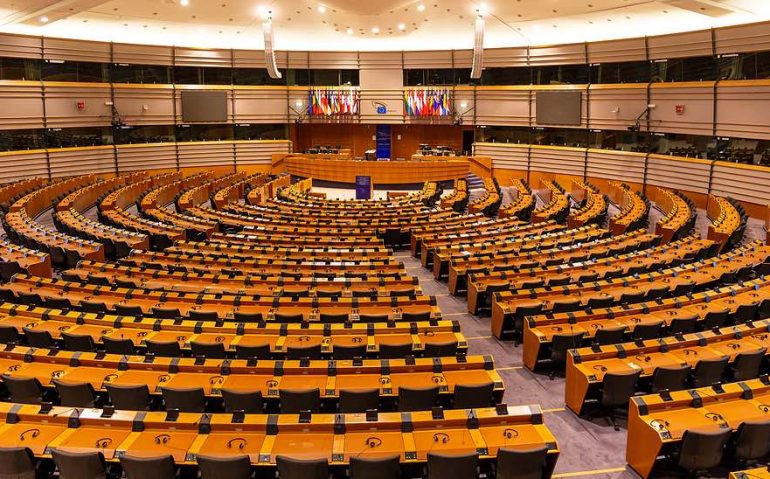The European Union (EU) has taken a significant step towards establishing the world’s first comprehensive set of rules governing the use of artificial intelligence (AI). The draft negotiating mandate on AI rules, endorsed by the Internal Market Committee and the Civil Liberties Committee, outlines the EU’s vision for a human-centric and responsible approach to AI development. Once approved, these regulations will set a historic precedent and become the first-ever rules on AI worldwide.
The proposed regulations aim to ensure transparency, risk management, and accountability in the use of AI systems. By adopting a risk-based approach, the rules establish obligations for both providers and users of AI, depending on the level of risk associated with the AI system. The regulations encompass a broad range of AI applications and include specific provisions to address potential risks and ethical concerns.
Key points of the proposed EU AI regulations include:
- Prohibited AI Practices: The rules prohibit the use of AI systems with an unacceptable level of risk to people’s safety and fundamental rights. This includes systems that employ subliminal or manipulative techniques, exploit vulnerabilities, engage in social scoring, or engage in discriminatory practices.
- Bans on Intrusive Uses of AI: MEPs have included bans on various intrusive uses of AI systems. These include real-time remote biometric identification systems in publicly accessible spaces, except for law enforcement purposes with proper judicial authorization. Additionally, biometric categorization systems based on sensitive characteristics, predictive policing systems, and emotion recognition systems in certain contexts are also banned.
- High-Risk AI: The classification of high-risk areas has been expanded to include potential harm to people’s health, safety, fundamental rights, the environment, and democracy. AI systems used to influence voters in political campaigns and recommender systems on social media platforms with a significant user base are now considered high-risk.
- General-Purpose AI: The regulations address foundation models, such as GPT, by imposing transparency requirements. Providers of foundation models must ensure the protection of fundamental rights, health and safety, the environment, and democracy. They are required to assess and mitigate risks, comply with design and information requirements, and register in an EU database.
- Citizen Rights and Complaints: The regulations aim to empower citizens by providing the right to file complaints about AI systems and demanding explanations of decisions made by high-risk AI systems that significantly impact their rights. The role of the EU AI Office will be reformed to monitor the implementation of the AI rulebook.
- Supporting Innovation: To foster AI innovation, exemptions to the regulations are included for research activities and AI components provided under open-source licenses. The legislation promotes the establishment of regulatory sandboxes, allowing controlled environments for testing AI before deployment.
The EU’s proposed AI regulations mark a milestone in shaping the future of AI development. The focus on human-centric and ethical principles demonstrates the EU’s commitment to addressing potential risks and protecting fundamental rights. By setting uniform standards and guidelines, the EU aims to lead the way in ensuring the responsible and trustworthy use of AI technology.
The endorsement of the draft negotiating mandate by the Internal Market Committee and the Civil Liberties Committee emphasizes the EU’s determination to balance the protection of citizens’ rights with the need for legal certainty and fostering innovation. This landmark legislation has the potential to influence the global debate on AI governance and enforcement, solidifying the EU’s position as a leader in responsible AI development.
As the negotiations proceed and the regulations take shape, stakeholders from various sectors, including businesses, start-ups, and civil society, will closely monitor the progress. The EU’s pioneering efforts in AI regulation reflect the importance of collective action in establishing an AI landscape that benefits all while upholding fundamental values and ethical considerations.







